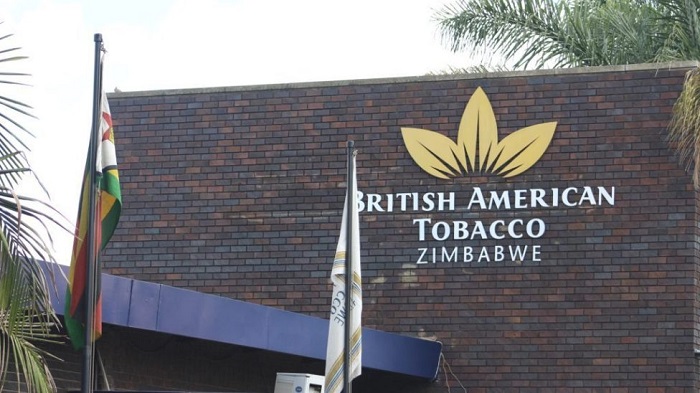BAT Zim registers US$16m with RBZ
BAT Zimbabwe, a listed cigarette manufacturer, says that as of June 2023, it registered US$15,7 million in blocked funds with the Reserve Bank of Zimbabwe (RBZ) in respect of outstanding dividends and foreign suppliers.
The company said that following the registration of the blocked funds, it transferred $15,7 million to RBZ to allow settlement of the blocked funds.
Consistent with the blocked funds guidelines provided in the Exchange Control Directive RU28 dated February 21, 2019 and Exchange Control Circular No. 8 of July 24, 2019, companies are still registering their blocked funds.
In line with the provisions of the February 2019 monetary policy statement on settlement arrangements for these blocked funds, RBZ is still working on an appropriate instrument to facilitate settlement of the registered blocked funds.
“Management has continued to account for the outstanding blocked funds at a rate of US$1:ZW$1, and a receivable of $15,7 million was recognised for the amount transferred to RBZ for the registered blocked funds,” the company said in its interim financials to June 30, 2023.
The company said it received US$10,009.05 from the RBZ under the registered blocked funds in the previous period.
BAT is the leading tobacco manufacturer in Zimbabwe by market share and BAT Zimbabwe is part of the British American Tobacco Group of Companies and has been operating in Zimbabwe for over 80 years.
During the half-year period under review, BAT recorded inflation-adjusted revenue of $71,56 million, representing a 111,58 percent increase from $33,81 billion prior period.
BAT’s topline was driven by optimal cigarette pricing strategies and revenue from cut-rag tobacco exports.
Cigarette sales volumes depreciated by 15 percent owing to Zimbabwe dollar shortages on the local market.
As a result of currency depreciation, the cost of sales rose 89 percent to $7.4 billion.
Cash generated from operations was up 281 percent to $36,2 billion, underpinned by working capital management initiatives.
Capital spending stood at $966,9 million during the period under review, up from $524,77 in the comparative period.
As expected, due to inflationary cost increases, the group’s administration expenses surged by 112 percent to $7,5 billion.
Consequently, BAT made a loss before tax of $5,1 billion, largely as a result of exchange losses.
“Exchange losses increased by 497 percent to $20,1 billion, driven by the revaluation of foreign currency-denominated balances due to the significant devaluation of the Zim Dollar during the period under review,” Lovemore Manatsa, the group’s chairman, said in a statement accompanying the results.
In historical terms, BAT’s taxes paid in the form of excise duty, corporate tax, value-added tax, customs duties, pay as you earn and withholding tax were $14 billion.
However, IH Securities said it is still susceptible to liquidity cycles, which have continued into the second half of 2023; hence, BAT’s domestic volumes will remain under pressure as 95.78 percent of its revenue is underpinned by domestic sales.
“We therefore expect domestic volumes to remain under pressure due to persistent liquidity constraints in the market and sustained competition,” the research firm said in its snapshot of BAT Zimbabwe 1H23 earnings.
“On the other hand, revenue contribution from cut-rag exports still shows potential for growth given increased demand for tobacco in key markets like China.”
According to IH, BAT is currently trading at a rolling PER multiple of 37,39x compared to regional peers 11,3x, which is demanding at these levels.-ebusinessweekly











